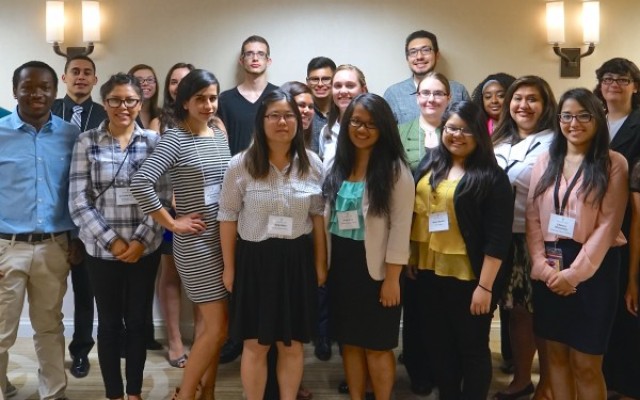Renewed Focus on First Generation Students
The June 30, 2023 Supreme Court decision on affirmative action changed the landscape of college admissions in the United States. Colleges and universities are grappling with how to sustain diversity on campus without race-based preferences.
The Supreme Court opinion emphasizes the individual sharing personal experiences as a way to address diversity issues with a “colorblind” approach. There already exists a category of students to consider for campus diversity — the first generation student.
A first generation student is defined as an individual whose parents or caregivers have not graduated from a four-year institution of higher education. The category was first developed in the United States at the end of the 1970s by the National Coordinating Council of Educational Opportunity Associations (NCCEOA) to promote programs to improve educational access and success for diverse students.
A first generation student is a powerful marker to consider in college admissions because the category encompasses diverse pre-existing identities – race, social class, ethnicity – and focuses on those students who are first in their families to attend higher education. The overarching first generation category also allows schools to consider race, social class, and ethnicity with an holistic approach that considers characteristics such as grit and overcoming adversity.
After the Supreme Court ruling, Minnesota’s Higher Education Commissioner Dennis Olson said the decision “does not change Minnesota’s commitment to serving all students. We know representation matters. Inclusivity matters. Being the first generation in your family to go to college matters.”
The strength of a first generation social category is its potential to integrate disparate identities of class, ethnicity, and race into an overarching positive identity that asserts resiliency and competency accumulated from diverse social and personal experiences.
Far from disadvantage and deficiency, first generation students actually possess unique knowledge and skills acquired by adapting their multiple identities to cross symbolic and transnational borders.
When a first generation student crosses borders, the default “us” versus “them” dichotomy morphs into values such as diversity and adaptability, which are crucial to negotiating and thriving both in higher education and in the workplace in an increasingly complex world.
The Supreme Court decision offers opportunities for innovative solutions to sustain and improve diversity. A renewed focus on the first generation student is a solution key to a healthy society.














No Comments Yet!
You can be first to comment this post!